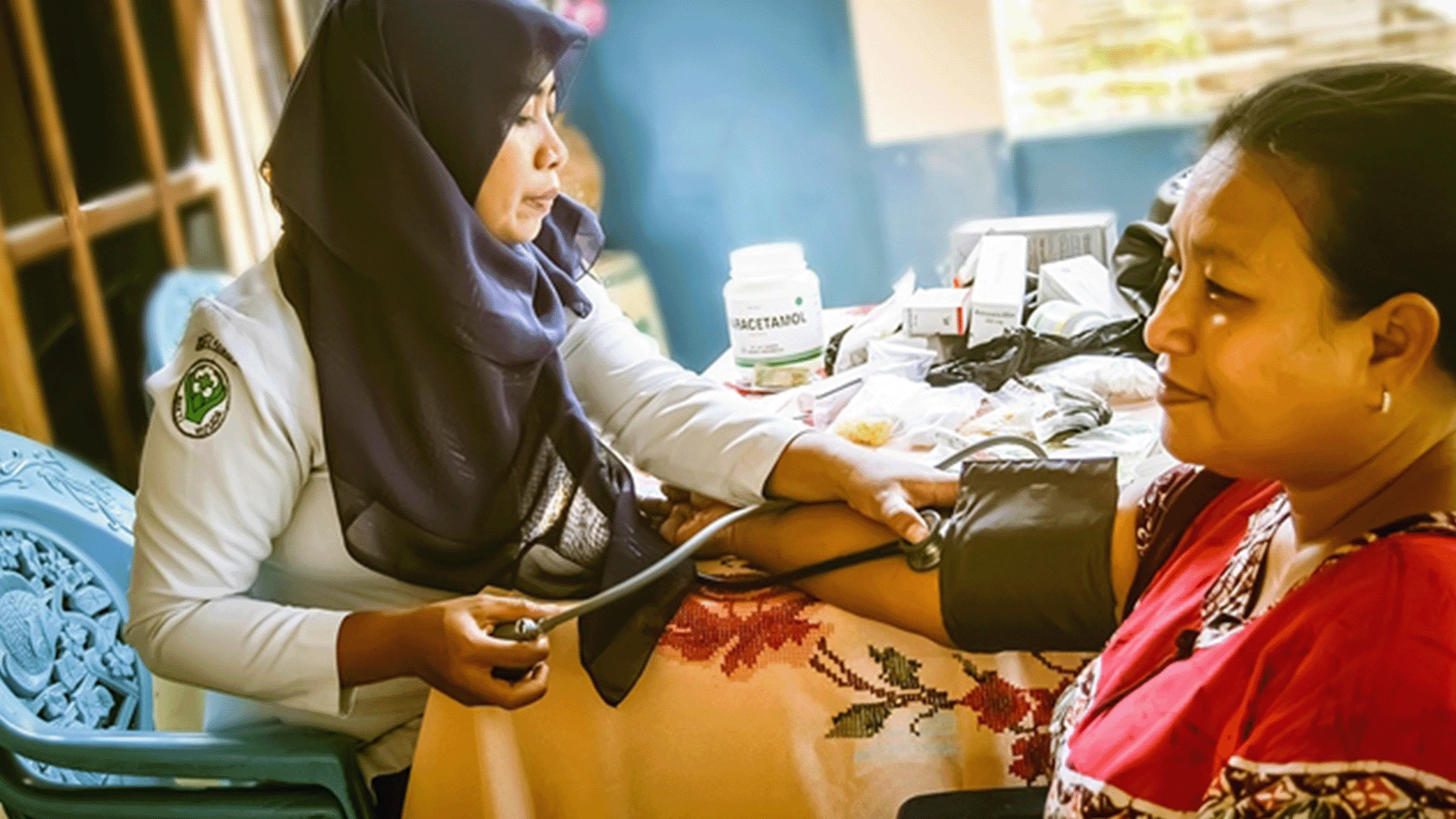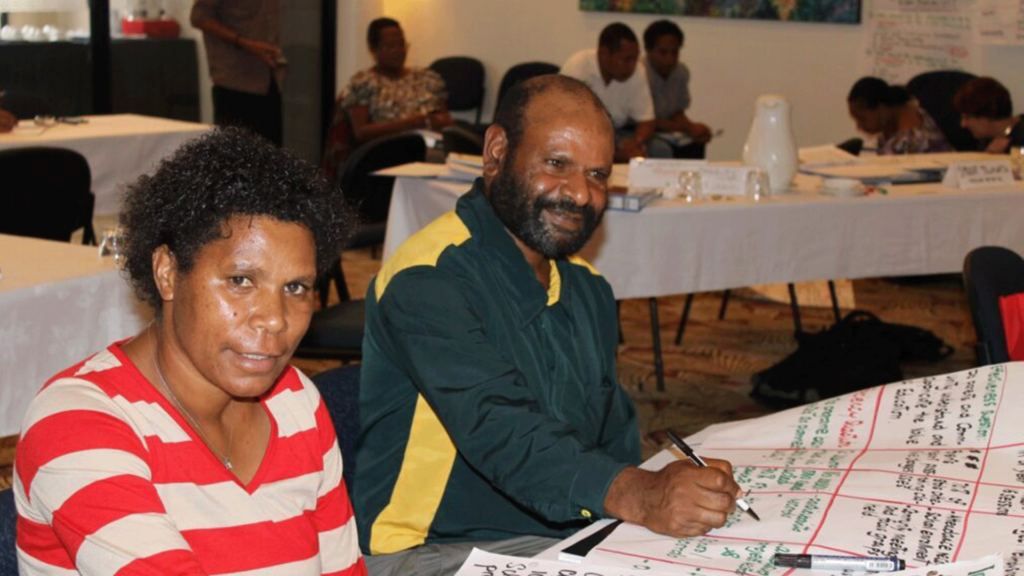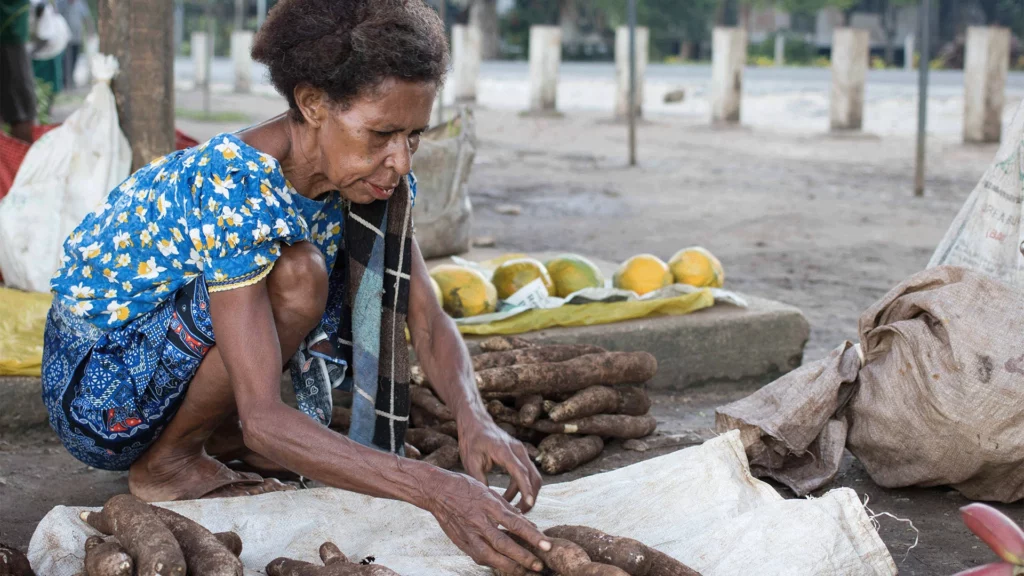
Tetra Tech International Development was the Implementing Service Provider for the Australia Indonesia Partnership for Health System Strengthening, a program that aimed to improve access to and quality of basic health services, especially for women and children.
Situation
Roughly one third of Indonesia’s population lives on less than A$30 per month. Indonesia’s poor and near-poor are covered by the state-funded health care initiative, Jamkesmas. However this is not enough, with more than 160 million people left without accessible health care.
The Australian Government supported the Government of Indonesia through the Australia Indonesia Partnership for Health System Strengthening, implemented by Tetra Tech. It aimed to provide Indonesia’s 250 million people with a stronger, more accessible health care system through improvements to policy making, strengthened health financing systems and increased human resource capacity.
Solution
Tetra Tech provided program management and technical support to Indonesia’s Ministry of Health as the implementing service provider. We worked to strengthen the health system by focusing on human resources, health financing and health care delivery systems while supporting legislative change.
We also provided Monitoring and Evaluation (M&E) expertise, and designed and managed all program communications. We drew on our experience in implementing grant and funding mechanisms to design and managed the grant program for the Health Policy Network.
We used our combined operations, management and technical expertise to provide the Program with a flexible approach that worked in a changing and dynamic operating environment.
Result
In addition to the fundamental legislative changes to the Indonesian health system, we continually gauged the progress of the program through data collection from different socioeconomic groups throughout Indonesia. These results were analysed to highlight and track the benefits gained by the country’s most disadvantaged groups.
Tetra Tech’s gender specialists worked to address sociocultural factors influencing women such as cultural values and attitudes, knowledge of the health care system, willingness to report health issues and education of biological differences and requirements.
Client
Australian Department of Foreign Affairs and Trade (DFAT)
Location
Indonesia
Duration
November 2012 – 2016


